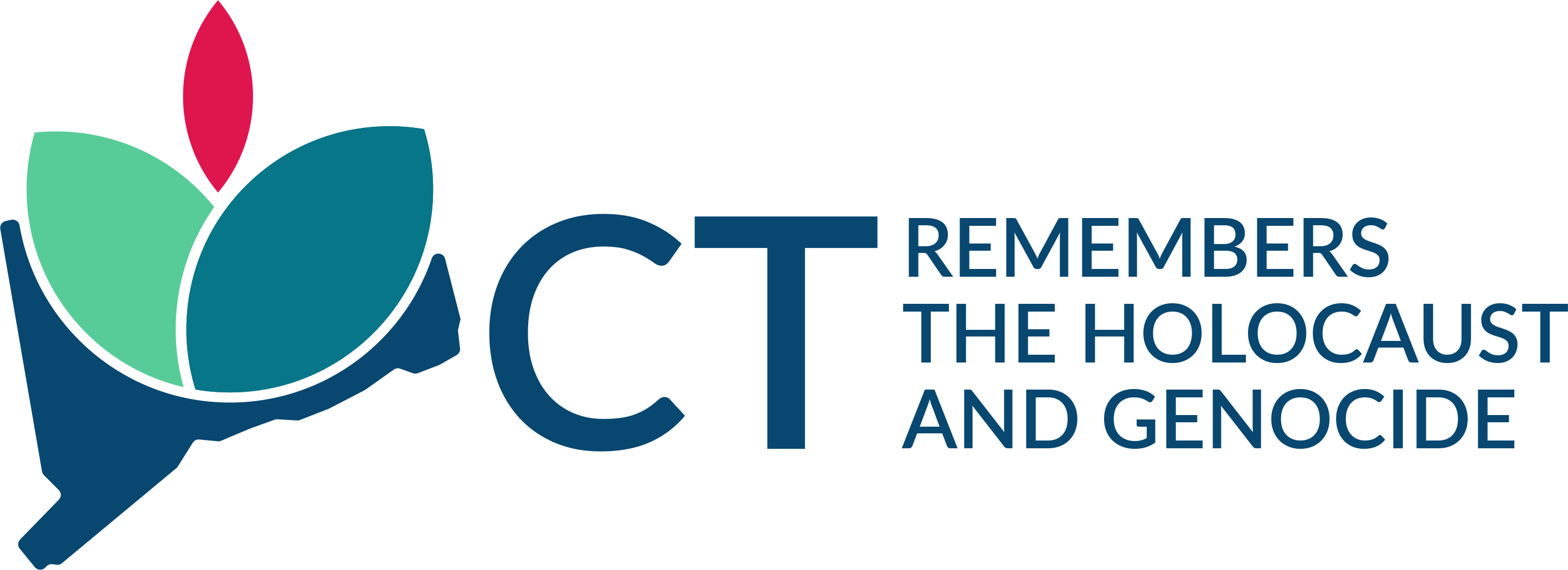Edith Denes
Biography
Edith Denes was born on March 18, 1930 in Munkacs/Orosveg, Hungary in the Carpathian Mountain range, a place almost half of the population (about 14,000) were religious Jewish. She lived with her mother, father, and older sister. She was a quiet girl and liked to study, pray, and read, but what Edith loved the most was that she always had family surrounding her, since Edith lived on the same street as or the next streets over from her grandparents, aunts, uncles, and lots and lots of cousins. As a girl, Edith loved playing with her little cousins and would frequently babysit for them. Many days on his way to work, Edith’s father would take her to school in a horse-drawn carriage, or in a horse-pulled sled in the snow. On other days she would walk to school, crossing the Latorica River. Every day after school, Edith would visit with her grandmother, and Edith’s mother was always waiting to meet her there. She celebrated all the Jewish holidays, and every week on Friday night, she went to visit family to wish them a Shabbat Shalom. Edith was given a scholarship to go to a very prestigious high school, The Hebrew Gymnasium. Edith's dream was to become a pediatrician, and she recalls that it truly was a wonderful life.
At 14 years old, in March 1944, her whole world changed. The Hungarian police came to the door and ordered everyone in her family out of the house, and they did not take anything with them. They thought that they would return. All the Jewish people were forced to live in the Munkacs/Orosveg ghetto. Edith could not attend school and play with her cousins or friends. But Edith was with her family.
About a month later, Edith and her family and all the Jewish people from her town were taken by cattle cars to the Auschwitz- Birkenau Death Camp. She traveled for a long time without food, water, or bathrooms. The women and children were taken to Auschwitz, and the men went to Dachau. Many people died on the way there. When they arrived, Edith, her mother, and sister were selected to live, but her aunts, grandmothers, and all her cousins were selected to be killed.
At Auschwitz, they endured the worst cruelty mankind could inflict on another human being. Then in January 1945, they started the death marches to Ravensbrück and Neustadt-Glewe. Edith felt G-d was with them because they were always together throughout this whole ordeal. They helped each other and gave each other hope. They were liberated May 2, 1945, with nothing to eat, drink, or wear, only the striped prison clothes. Edith, her mother, and sister made their way back to Munkacs to see what had happened to the other Jewish residents, but mostly to find out if Edith’s father had survived. Finally, he came home, and they were a family again.
While Edith’s mother, father, and sister all survived, her grandparents, most of her aunts and uncles, and all the little cousins perished. Edith and her family were liberated in 1945, but others had taken away their home. With nowhere to go, they were sent to a Gabersee Displaced Persons camp in Germany, where they remained for three years. Edith deeply missed her extended family but was thankful to God that her mother, father, and sister had survived.
During her stay at the DP camp, Edith was unable to return to school. She had no access to books and deeply missed learning, reading, and studying. When she was eighteen years old, Edith met a strong, wonderful, and kind Romanian man. George Denes also had survived, but the rest of his family, including his parents, his two younger brothers, and his extended family, did not. They married in the DP camp, and everyone was invited. Edith recalls it was a wonderful occasion; everyone helped to make the food and sew the clothes. It was the only wedding in the DP camp during those three years.
Edith and George immigrated to Israel in 1948 and fought in the Haganah, helping to found the state. Every day, Edith remembers, was a challenge, but as survivors, they worked extremely hard to make it happen, and now have a wonderful family to show for it. Edith and George have three children; a son who was born in Israel, a daughter who was born in Canada, and then the family moved to the U.S. and had a second son. George was always proud of his international family.
Although Edith had many years of horrific experiences, she was never filled with hate or bitterness, only sadness for what was lost. She thanks G-d for her survival, she feels that even in the darkest and saddest times, “If there is life, there is hope. We must always hope for a better future.”
Edith misses George, a blessed memory who passed away. Every day, Edith remembers there were challenges, but as survivors, they worked extremely hard to overcome them and now have a wonderful family to show for it.
Edith is happy to live in Connecticut near her family to be part of their lives and is thankful for the many days spent with them, especially during Jewish holidays and celebrations. She now has nine grandchildren and five great-grandchildren.
Edith shares her story of survival and is thankful for new stories to tell as she lives life, always hopeful as a mom, Gramma, and Bubbie.

herocenter@ctvoicesofhope.org | 860.470.5591
20 Waterside Drive, Suite 100, Farmington, CT 06032
